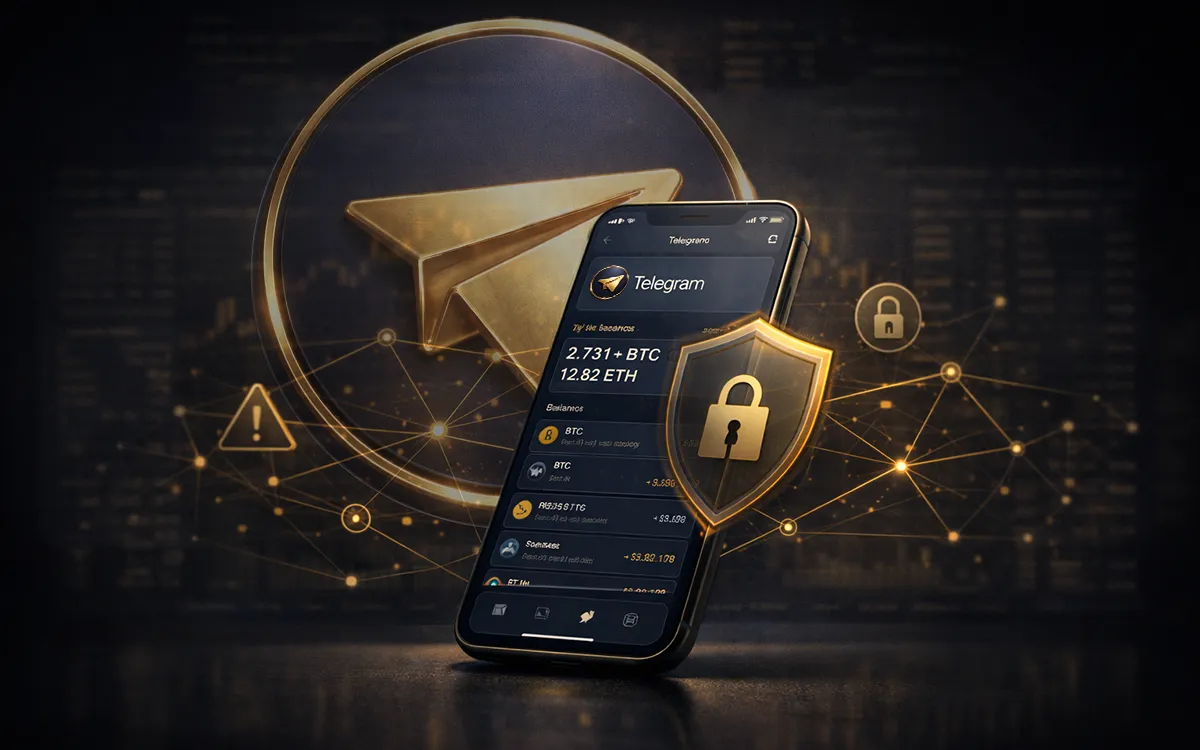
- Romance
- October 29, 2024
Table of Contents
Online dating has opened doors for people to find love globally. However, with the rise of technology, scammers have found new ways to exploit vulnerable individuals through romance scams, including more specific tactics like catfishing, love scams, and love bombing. These scams prey on emotional vulnerability, often leading victims into financial traps.
In this blog, we'll uncover the most common types of online romance scams, including dating scams and online relationship scams, how to spot romance scams, and, more importantly, how to avoid falling victim to these frauds.
What Are Romance Scams and How Do They Work?
A romance scam, also known as an internet love scam or romance fraud, happens when a scammer pretends to be romantically interested to gain trust and steal money or personal information. Many victims believe they’ve found genuine love, only to discover it was a setup.
Here’s how most online romance scams unfold:
- Connection: They meet you on dating apps, Facebook, Instagram, or even professional platforms like LinkedIn.
- Bonding: The scammer mirrors your interests, builds emotional trust, and often moves the relationship quickly.
- Manipulation: Once trust is gained, they share a financial “crisis” or an investment opportunity, urging you to help.
- Disappearance: After receiving money or crypto, they vanish, deleting profiles or blocking contact.
Romance scams can take many forms, from social media impersonation to crypto investment traps. Below are some of the most common types you should be aware of.
Types of Romance and Dating Scams
Romance scams have evolved far beyond fake dating profiles. In our modern digital world, fraudsters make use of dating apps, AI chatbots, and crypto platforms to emotionally manipulate and financially exploit victims.
Below are the main types of romance scams, what they mean, and how they work, so you can spot the red flags before it’s too late.
|
Type of Romance Scam |
What It Means |
How It Works |
|
1. Military / Overseas Romance Scam |
The scammer pretends to be a soldier or someone working abroad to build emotional trust. |
They claim they can’t meet or video call due to deployment or poor internet. Later, they ask for money to “come home” or “clear customs.” |
|
2. Dating App / Chatbot Scams |
Fraudsters create fake profiles or use AI chatbots to lure people on popular dating apps. |
They start conversations that seem real, then slowly introduce requests for help, gifts, or investment “tips.” |
|
A blend of romance fraud and financial scam, the “partner” promotes fake crypto or trading platforms. |
The scammer builds trust and convinces victims to invest in fraudulent sites or “joint ventures.” Once funds are sent, they disappear. |
|
|
A slow, emotionally manipulative crypto scam where victims are “fattened” with fake love and small profits. |
The scammer shows fake investment returns to build trust, then vanishes once the victim invests large amounts. |
|
|
The scammer steals or fabricates identities using fake photos, sometimes even AI-generated images. |
They impersonate real people on Facebook or Instagram, build emotional bonds, and later request money or gifts. |
|
|
6. Celebrity / Impersonation Romance Scams |
Scammers pretend to be celebrities, influencers, or public figures to exploit fan admiration. |
They message victims privately, claiming “secret relationships” and asking for confidentiality payments or donations. |
|
7. Oil Rig / Remote Job Scams |
The scammer claims to work in a remote area (like an oil rig or ship), making in-person meetings impossible. |
They use “bad connections” or emergencies to justify sudden money requests for travel or medical needs. |
|
8. Elderly / Lonely Heart Scams |
These scams target older adults seeking companionship, often through Facebook or other dating sites. |
The scammer promises love and stability, then slowly requests financial assistance for fake emergencies. |
|
9. Foreign Travel / Visa Scams |
The fraudster claims they want to visit or relocate but need help with visas or travel expenses. |
They send fake travel documents or promise reimbursement after arrival, which never happens. |
Each of these scams plays on emotion, trust, and loneliness, making it hard for victims to see the truth until it’s too late.
Even the most cautious people can miss warning signs when emotions are involved. Recognizing these patterns early can protect you from heartbreak and loss.
Warning Signs of a Romance and Dating Scam
Spotting a romance scam requires attention to detail and awareness of certain behaviors that are typical of scammers:
- Quick emotional connection: If a person that you meet online starts to lure you with talk of love or affection within a short period of time, then this is a potential scammer.
- Reluctance to meet in person: Fraudsters usually come up with various reasons why they cannot take the call on a face-to-face or a video call.
- Financial requests: They could be asking for funds for business or private uses such as traveling, medical bills, or even for investment. If they request funds, be careful.
- Inconsistent stories: Scammers often struggle to keep their stories straight. If you notice inconsistencies, it's time to step back.
Now that you know what to look out for, let’s focus on prevention, the most effective way to protect your emotions and finances online.
How to Avoid Romance Scams and Protect Yourself?
Protecting yourself from romance scams is about being cautious and verifying everything:
- Don’t rush: Always allow yourself ample time to come to know that person. Lie-cheaters will come to you and want to rush you into an intimate friendship.
- Verify their identity: They should reverse image search their images to know whether or not the images belong to a thief. Also, demand video calls to make sure it is them that is on the other side of the line.
- Don’t send money: Never send money to someone you haven’t met in person, no matter how convincing their story may be.
- Research investment claims: In crypto romance scams, always verify any investment opportunities through trusted financial advisors.
Falling for a romance scam can feel devastating, but recovery is possible. If you’ve already been deceived, don’t panic. There are real steps you can take to report the fraud and work toward recovery.
How to Recover After a Romance Investment Scam?
If you’ve been scammed, it’s important to act quickly and carefully. Many victims feel ashamed, but remember that these scammers are professional manipulators who prey on trust.
Immediate Steps to Take for Recovery:
- Document Everything: Keep records of chats, emails, transactions, and crypto wallet addresses.
- Report the Fraud: Contact your bank, local authorities, and the dating platform.
- Avoid Fake “Recovery” Firms: Scammers often target victims twice by pretending to offer recovery help.
- Seek Verified Support: At Global Financial Recovery, we specialize in tracing digital transactions and helping victims recover from online romance investment scams. Our team can guide you through a secure recovery process and connect you with real investigators.
By following these steps, you can recover funds lost in a love investment scam. Now, let's look at a real-life example of an online love scam for money.
Real-Life Example: The Dr. Phil $80K Millionaire Romance Scam
In a case similar to many Dr. Phil romance scam interviews, a woman thought she met her perfect partner online, a successful businessman who claimed he made millions in crypto. He avoided video calls, dodged every attempt to meet, and constantly talked about his “luxury lifestyle,” making his story sound believable.
Slowly, the requests for money began. First small transfers, then huge amounts. By the time she realized she was caught in an online dating scam, she had already sent $80,000.
This scam followed the same pattern seen in Dr. Phil’s catfishing cases: fast emotional bonding, fake wealth, pressure to send money, and complete disappearance once the scammer gets paid.
It’s a painful reminder that fake millionaire scams on social media are becoming increasingly sophisticated and convincing every year.
Awareness is your strongest defense. By staying alert and informed, you can protect both your heart and your finances.
Final Tips for Avoiding Romance Scams
Online dating is getting more and more popular these days, and unfortunately, so are online romance scams; however, the latter do not have to affect you if you take certain measures. Refuse any attempts to ask for money or any other personal information from you, and be slow in getting close to someone on the Internet.
Whether you're encountering romance fraud on social media, dating apps, or even through crypto romance scams, it's important to stay alert. If you fall victim to any type of romance scam, remember that help is available.
If you’ve fallen for an online romance scam, our romance scam recovery experts at Global Financial Recovery can help you trace and reclaim lost funds.
FAQs (Frequently Asked Questions)
The most common romance scams include social media scams, dating app scams, crypto romance scams, and sweetheart scams.
If you see quick manipulation followed by emotions and then pressure not to meet and then demand for money, then be wary of the scam. They should always be confirmed whether they are the real owners of the accounts before they are provided with personal details.
Scammers lure victims into phony cryptocurrency investment schemes; Very often, the payment requested is in cryptocurrency form. This type of money can hardly be traced or recovered.
If you fall victim to a scam, stop all communication immediately. Contact online dating scam recovery services to help recover your lost funds.
Exercise caution while establishing online relationships; never wire money to a person you have not met in person; and always independently verify their identity through trusted means.





